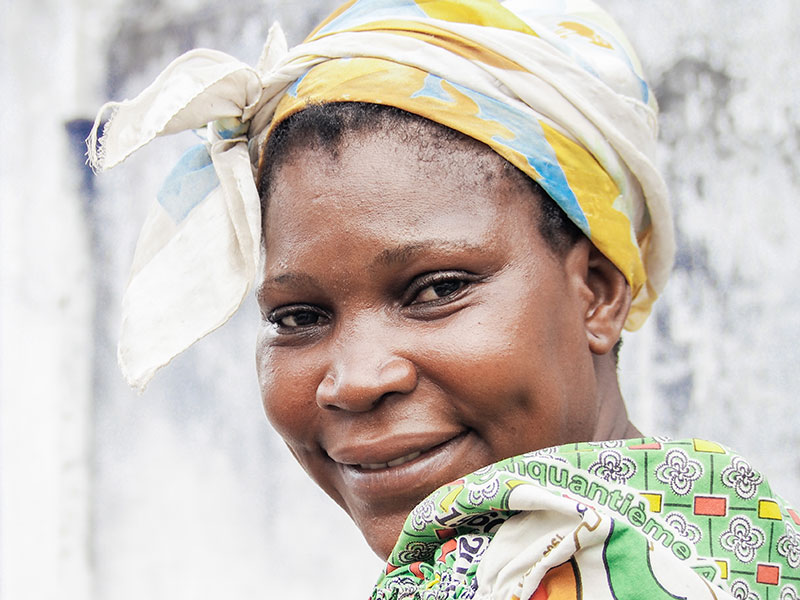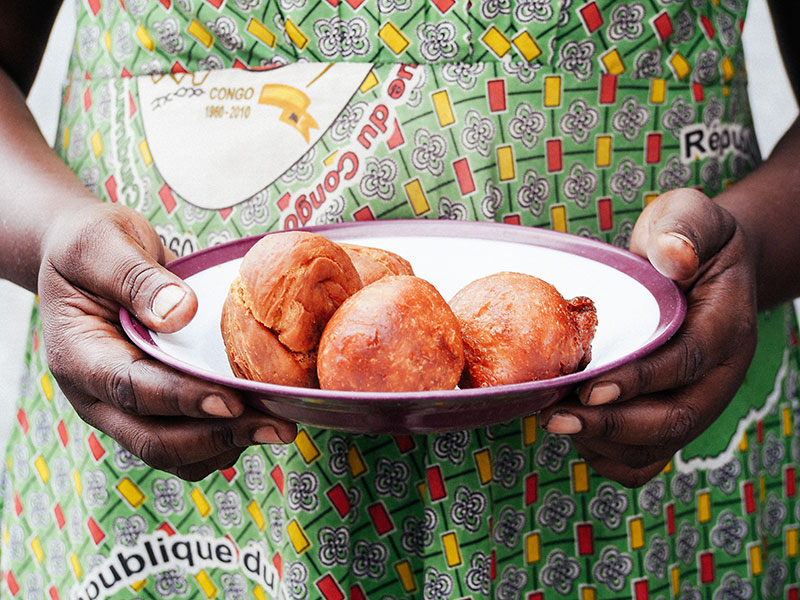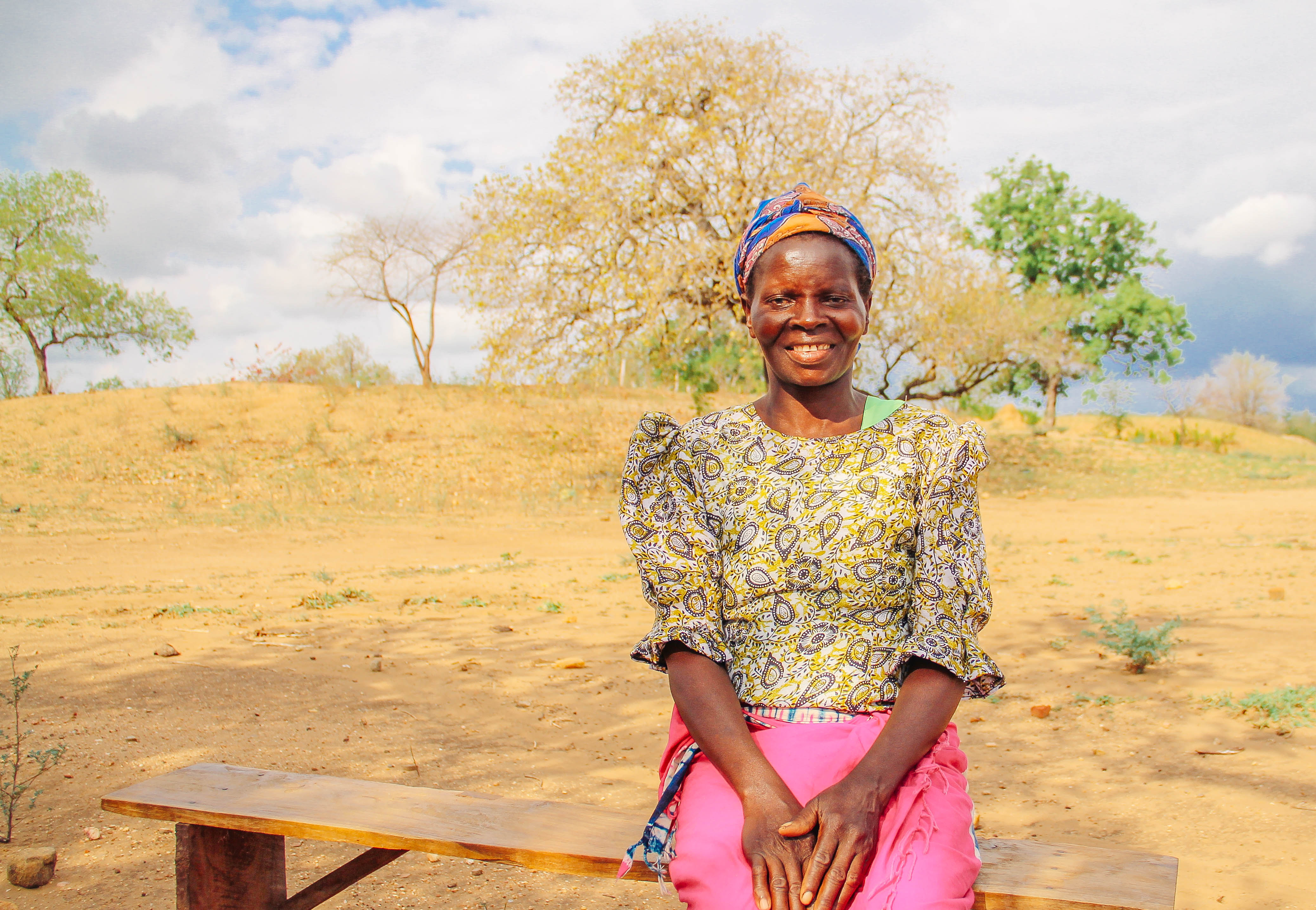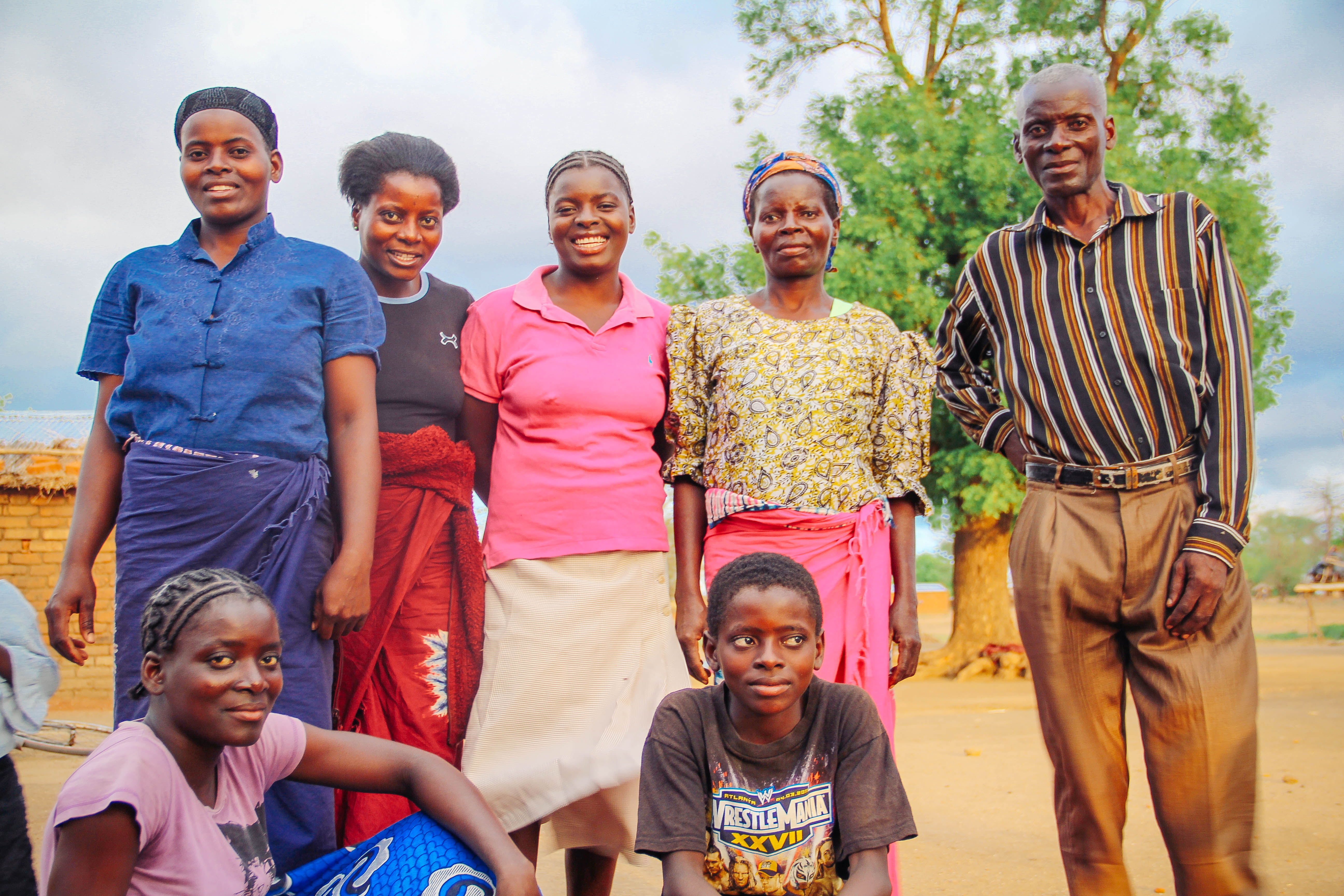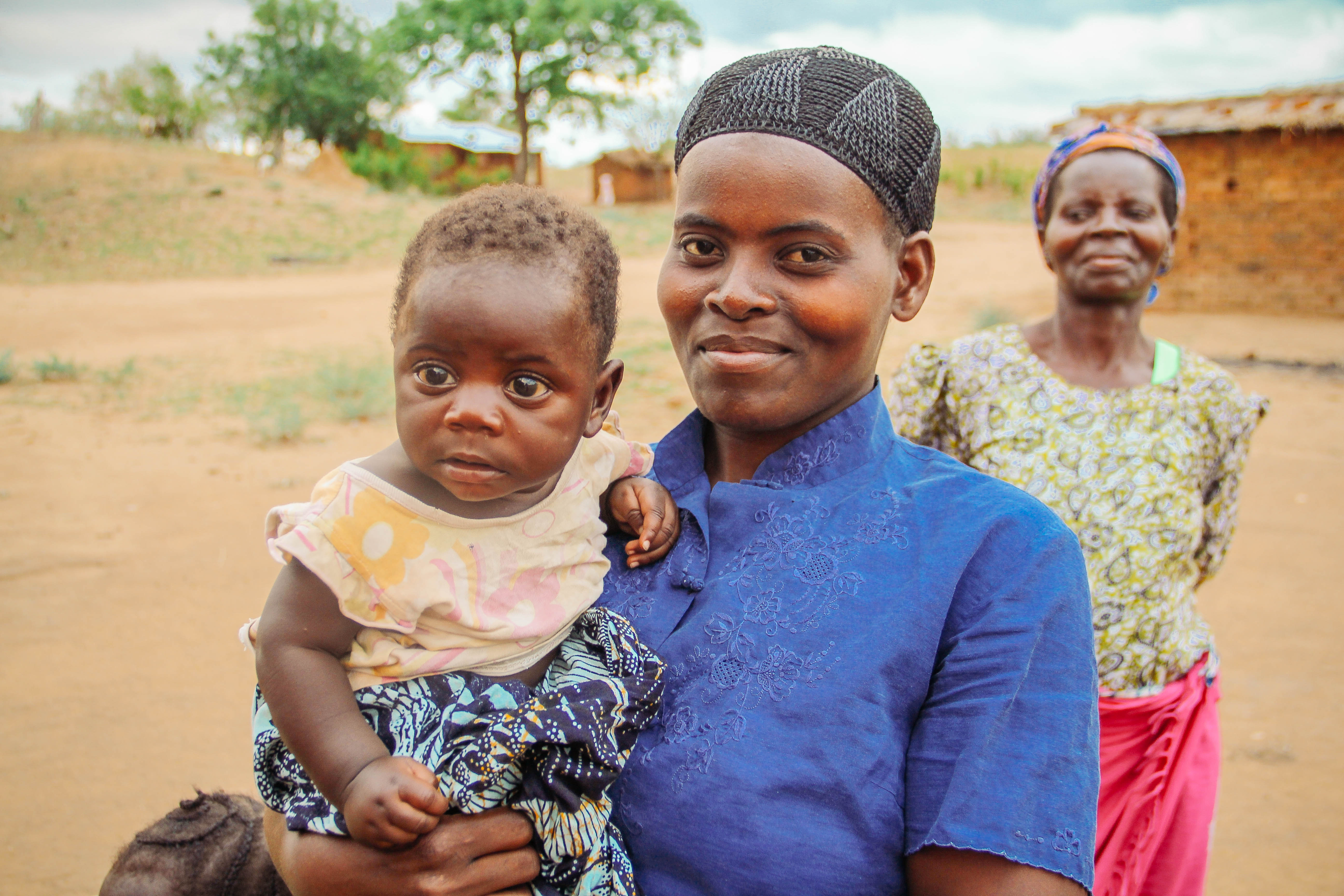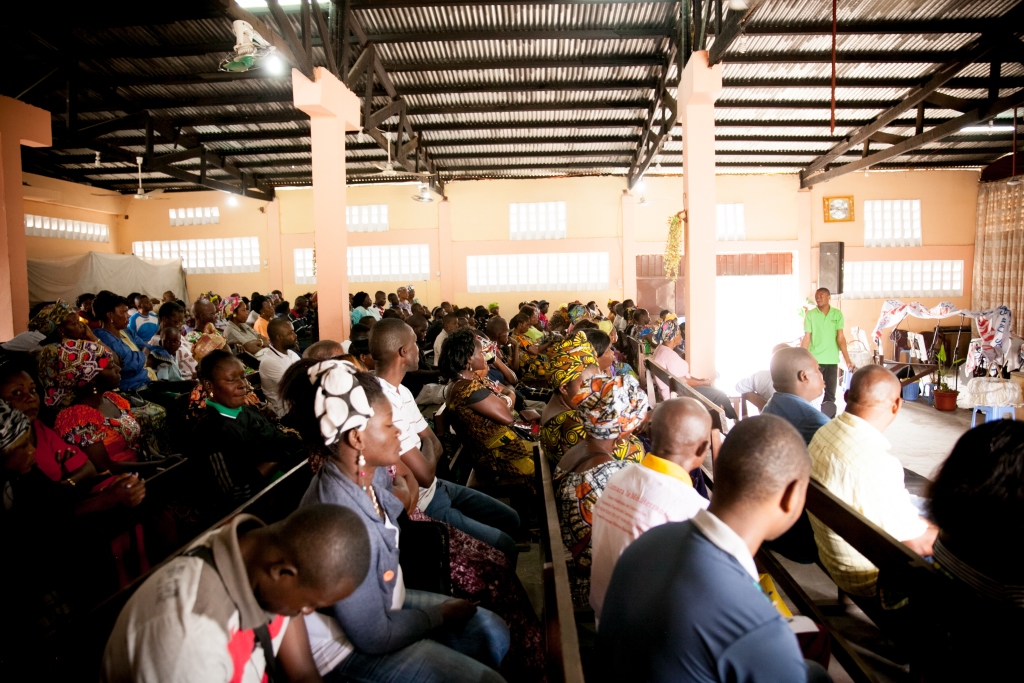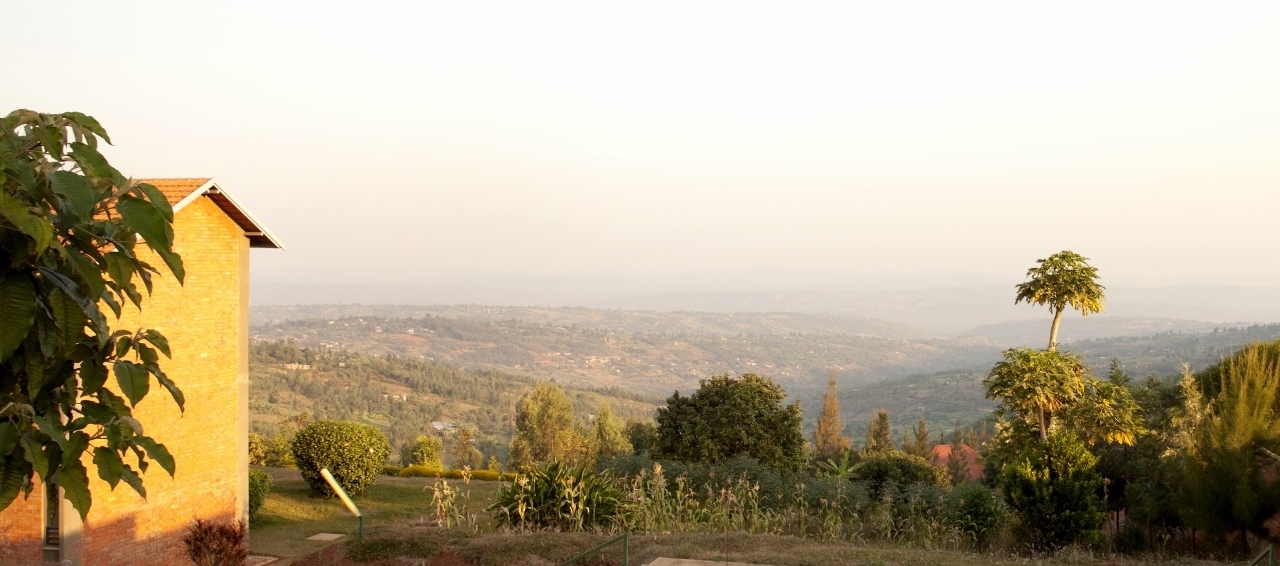by Lori Oberholtzer, Field Communications Manager

One year, one camera, and one fiery passion. That’s all it took for Mara, Drake, and Joanne to say “YES!”
At HOPE, we want to capture stories of Christ’s transformative love from the field and share those stories with you. Enter Mara, Drake, and Joanne, HOPE’s first three field communications fellows! Their mission (which they chose to accept) is to listen to, document, and share the stories of the clients we serve—so others can hear about the life-changing, transformative power of Christ-centered microenterprise development.
Before sharing the stories they’ve collected, we want to introduce our fellows. (Fellow is just a fancy word for long-term volunteer.)








